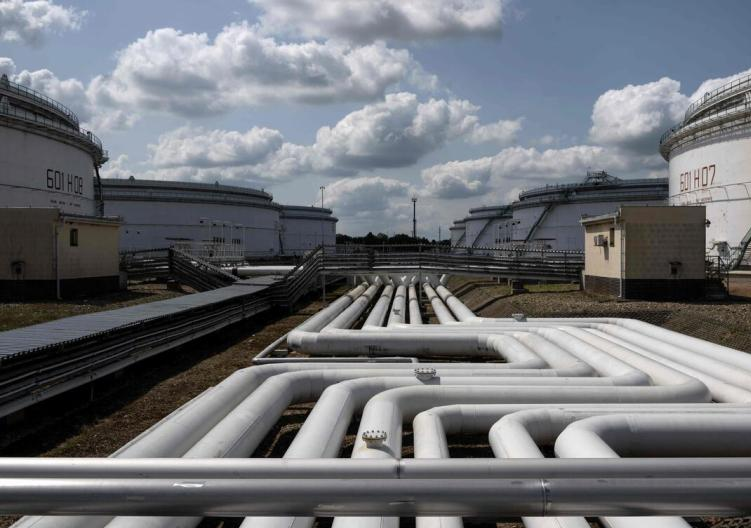
The European Union is planning to take measures to accelerate the phase-out of Russian liquefied natural gas. Just a few days ago, US President Trump called on the EU to take more actions to curb Moscow's energy trade.
Insiders disclosed that the European Commission is considering adding provisions to its new sanctions package to phase out all Russian liquefied natural gas before the planned implementation deadline of the end of 2027. Bloomberg previously reported that the EU could introduce its new sanctions as early as Friday (September 19).
A person familiar with the matter who requested anonymity said that the EU is still weighing the possibility of accelerating the phase-out of Russian liquefied natural gas imports by amending the so-called "RePowerEU" plan. This plan aims to end the reliance on Moscow's energy.
Anna-Kaisa Itkonen, the spokesperson of the committee, said: "Since we proposed the 'RePowerEU' plan in 2022, we have been saying that the earlier we phase out Russian energy, the better."
The US government has called on Europe to reduce its imports of Russian fuel at a faster pace and has pressured its Allies to impose tariffs of up to 100% on Chinese and Indian purchases of Russian oil.
Trump has been demanding that Europe take more measures to crack down on Russia's energy revenues as a condition for his increased pressure on Moscow.
Insiders said that many EU countries are reluctant to impose tariffs on China and India, so the commission's focus is shifting to Russian liquefied natural gas.
The global natural gas market is expected to start shifting towards oversupply in the second half of next year, which will reduce the risk that phasing out Russian gas could put pressure on European supply and trigger a price surge. This will be a key factor for the EU to decide on the new phase-out date.
The United States has repeatedly expressed its interest in supplying more liquefied natural gas to Europe, especially as more production facilities are expected to come on stream in the coming years. In recent years, the European Union has imported approximately 50 billion cubic meters of liquefied natural gas from the United States each year. Currently, about a dozen EU countries have built relevant infrastructure.
Under the recently reached EU-US trade agreement, the EU has committed to purchasing US energy worth 750 billion US dollars over the next three years, and buying more US liquefied natural gas is one of the core contents of this commitment.

Driven by the Trump administration's push to relax financial regulations and the recovery of investment banking business, the market value of the six major banks in the United States has cumulatively increased by approximately 600 billion US dollars by 2025.
Driven by the Trump administration's push to relax financia…
On Christmas evening, U.S. President Trump posted on social…
According to multiple foreign media reports, the recent fin…
The middle class, once regarded as the cornerstone of Ameri…
On December 19th local time, the US military launched a lar…
The Boxing Day sunshine should have cast a false glow of pr…